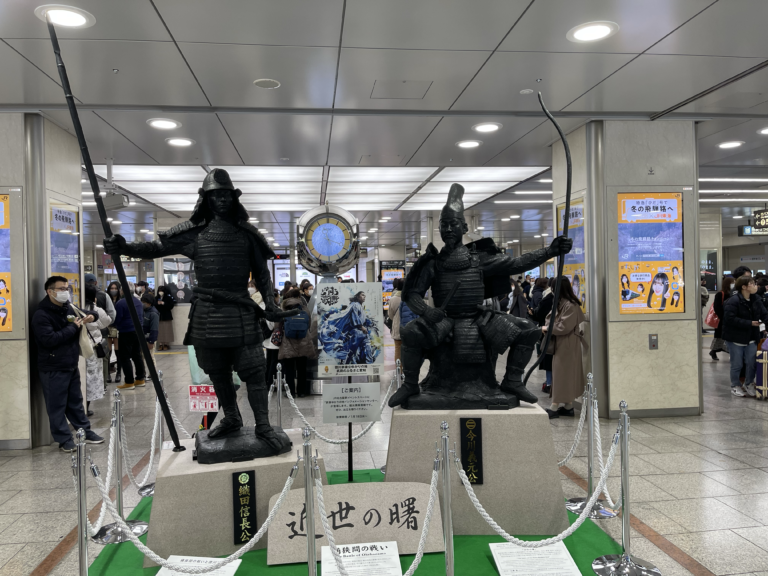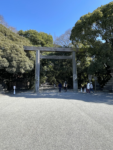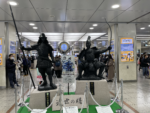It has been about a year and a half since I came to Japan from my hometown, Taiwan. Since Taiwan was once a colony of Japan and is geographically close, there are many similarities in life between the two countries. However, there are also some differences. Here, I will explain the differences in communication styles as an example.
Taiwanese Communication Style:
When Taiwanese people talk to each other, they tend to be honest and express their “honne” (本音), true feelings and opinions, assuming that they will respect each other’s opinions. This is because it is considered more important to exchange opinions during the discussion than to have different understandings later and cause misunderstandings. Even if they cannot reach a common understanding, they can consult a third party early on.
Japanese Communication Style:
On the other hand, in Japan, “tatemae” (建前), which means considering the other person’s position and feelings, is valued. Therefore, it is important to maintain the atmosphere of the situation. For me, it is not difficult to hide my true feelings. However, the most difficult thing is how to proceed smoothly when I encounter a truly unreasonable request or situation.
Learning to Adapt:
Fortunately, through many experiences, I have gradually gotten used to the knack of it. Specifically, when I am asked an unreasonable request, I say “I will consider it once” or “I will take it back and consider it for now.” This allows me to express difficult matters ambiguously while maintaining the relationship with both parties. Even if I do get into a conflict because the other person is clearly at fault, I can still make future cooperation possible by apologizing first and calming the situation down.
Conclusion:
As the saying goes, “When in Rome, do as the Romans do.” I plan to find a job in Japan in the future, so I need to continue studying Japanese life and understanding “tatemae” deeply through various experiences while I can.




It depends on the situation, we are not apologize to person who is clearly at fault. To give a more detailed example, when a train is delayed due to an accident, many railway companies often apologize to the passengers first. However, the Tokaido Shinkansen (JR Central) does not apologize to passengers unless the reason for the accident was the company’s fault. Instead, use a different, non-rude expression to guide passengers.
How to deal with customer problems is often decided by each company, so I think it’s a good idea to solve problems based on those rules at work.